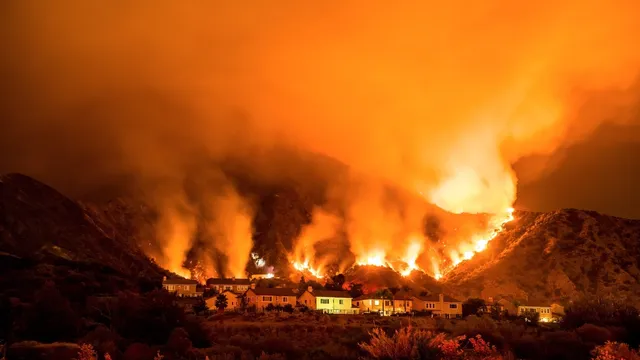News Desk, Kolkata : The escalating Ukraine-Russia conflict casts a shadow over global stability, posing a multifaceted challenge to the United States and potentially reshaping the geopolitical landscape. As tensions rise, the U.S. grapples with navigating a complex web of issues, including providing crucial aid to Ukraine, addressing the burgeoning Red Sea Crisis, and managing pressing domestic concerns. Meanwhile, China looms on the horizon, ready to seize an opportunity that could alter the dynamics of global leadership.
In the heart of Eastern Europe, the clash between Ukraine and Russia has far-reaching implications. The conflict not only tests the resilience of regional stability but sends shockwaves throughout the international community. The United States finds itself at a critical juncture, as it contemplates the most effective ways to extend support to Ukraine while juggling its own array of challenges.
The provision of aid becomes a delicate dance, requiring strategic decisions to ensure it is both impactful and politically prudent. The U.S. must carefully balance its commitment to supporting Ukraine’s sovereignty with the broader implications for its own global influence. As the conflict unfolds, the international community watches with bated breath, cognizant that the choices made now will reverberate far beyond the borders of Eastern Europe.
Simultaneously, the Red Sea Crisis adds another layer of complexity to America’s diplomatic puzzle. The strategic waterway, a vital artery for global trade, becomes a focal point as tensions escalate in the region. The U.S. faces the daunting task of safeguarding maritime routes and navigating the intricate web of geopolitical interests that converge around the Red Sea. This challenge demands a delicate diplomatic touch, as missteps could have profound consequences for international trade and security.
Amidst these external challenges, the United States must also grapple with pressing domestic issues that shape its ability to assert leadership on the global stage. As the conflict intensifies, there is a growing awareness that internal stability is inextricably linked to the projection of power abroad. The administration faces the dual challenge of managing the fallout from the conflict while addressing the needs of its citizens at home.
Enter China, a rising global power that watches the Ukraine-Russia conflict unfold with strategic acumen. The Asian giant recognizes the potential to exploit a perceived vacuum in global leadership. As the U.S. juggles its responsibilities in Ukraine, the Red Sea, and at home, China positions itself as a reliable and assertive player on the world stage. A subtle shift in global leadership becomes palpable as China signals its readiness to assume greater responsibility for securing vital trade routes, further challenging the traditional dominance of the United States.
The unfolding narrative encapsulates a world in flux, where the geopolitical chessboard is rearranged amidst the turmoil of conflict and power dynamics. The Ukraine-Russia conflict is not merely a regional dispute; it is a litmus test for the resilience of global stability and the leadership capabilities of nations. As the U.S. navigates this intricate landscape, it must simultaneously address the immediate challenges at hand and strategically position itself to maintain its standing in an ever-evolving world order. The choices made today will echo through the corridors of history, shaping the future contours of international relations.
DISCLAIMER
Our news media denounces any form of bias and disapproves of sensationalism. The disseminated news is entirely educational and aimed at social awareness. Our media maintains absolute impartiality, adhering solely to the purpose of education and social consciousness.


